Water-cooled chillers are essential components of air conditioning systems used in large buildings and industrial settings. They are designed to remove heat from the building or process using water as the cooling medium, and they come in various sizes and configurations to meet different needs. Read More…
Our customers know they can trust us for the ultimate in quality, affordability, and flexibility. If you want a fully customized solution for your chillers, we can help! We work hard to create the best solution for each of our customers, because we know that if you are not happy, we are not happy! You can learn more about our services by visiting our website or giving us a call today!
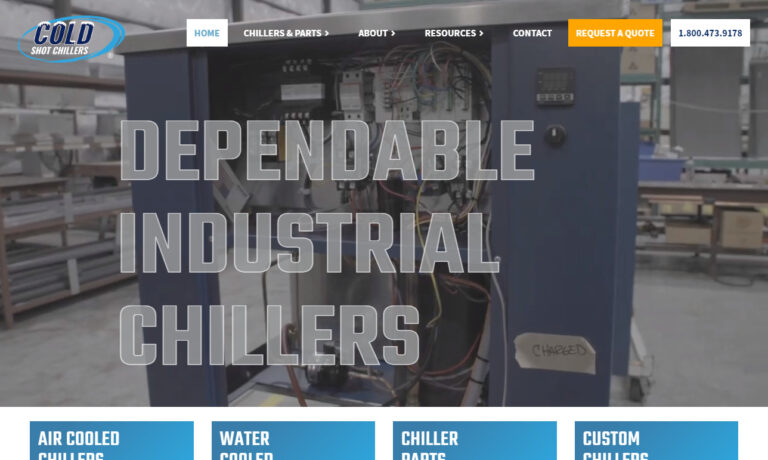
Dimplex Thermal Solutions, based in Kalamazoo, Mich., and home of Koolant Koolers, has been manufacturing water, air, and glycol chillers since 1952. Since that time Dimplex has expanded it’s product offering to include industrial cooling for: Machine Tooling, Food Processing and Packaging, Medical Diagnostic Imaging, Laser Cutting, Manufacturing Processes and more. Dimplex is known for their...
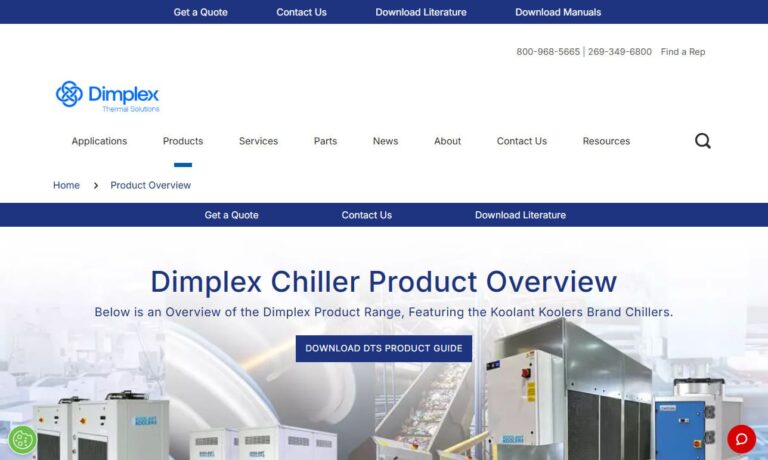
At Tark Thermal Solutions, we position ourselves as a dedicated partner in advanced cooling technology, delivering liquid chillers that support precise temperature control across demanding applications. We design and build our systems with a focus on reliability, thermal stability, and energy efficiency, tailoring each unit so it performs consistently in environments where process accuracy...
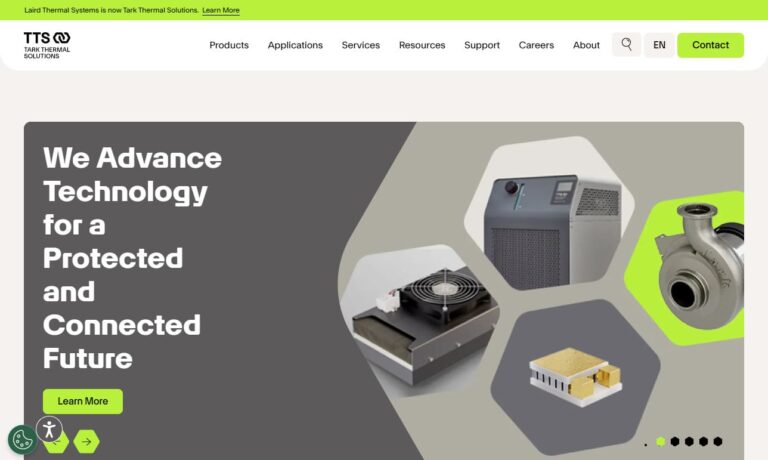
We are ChillX Chillers, and we take pride in engineering and manufacturing reliable, high-performance chillers designed to meet the cooling needs of businesses across a wide range of industries. Our focus has always been on combining innovation, energy efficiency, and durability, which is why our chillers are trusted for everything from process cooling and manufacturing applications to...
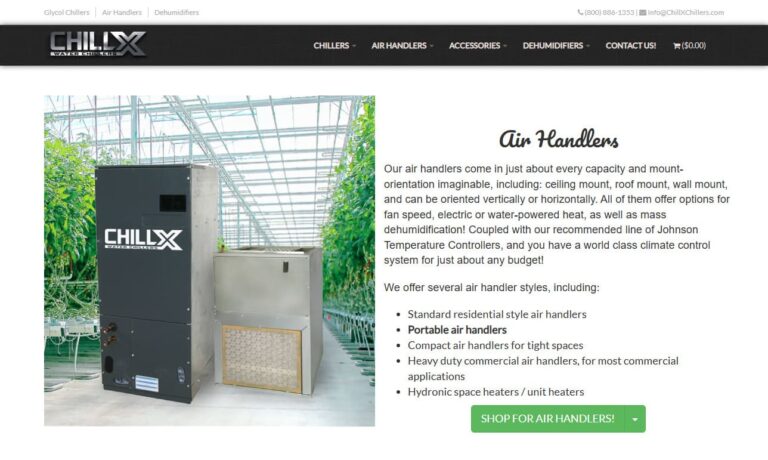
More Water Cooled Chiller Manufacturers
Components of Water-Cooled Chillers
Water-cooled chillers share several common components, including a compressor, an evaporator, a condenser, and an expansion valve. The compressor is responsible for compressing the refrigerant and pumping it through the system. The evaporator is where the heat exchange occurs, as the refrigerant absorbs heat from the building or process water. The condenser releases the heat from the refrigerant to the cooling water. The expansion valve regulates the flow of refrigerant through the system.
Variations of Water-Cooled Chillers
There are several variations of water-cooled chillers, including reciprocating, centrifugal, and screw compressors. Reciprocating compressors are best suited for small to medium-sized buildings and have a relatively low upfront cost. Centrifugal compressors are more efficient and are often used in large commercial and industrial settings. Screw compressors are ideal for air conditioning systems that require a high level of precision and reliability.
Considerations of Water-Cooled Chillers
Water-cooled chillers have some considerations to account for, including high installation costs, the need for regular maintenance, and the use of large amounts of water. Additionally, they require a separate cooling tower to remove the heat from the cooling water, which can be a significant source of noise and visual pollution.
Benefits of Water-Cooled Chillers
Despite their limitations, water-cooled chillers offer numerous benefits, such as:
Energy Efficiency
Water-cooled chillers are known for their high energy efficiency. This is because water is a better conductor of heat than air, and water-cooled chillers use water to cool their refrigerant instead of air. This allows water-cooled chillers to operate at lower temperatures and with less energy, resulting in cost savings on electricity bills.
Integration with Renewable Energy Sources
Water-cooled chillers can be easily integrated with renewable energy sources, such as geothermal or solar energy. This is because water-cooled chillers use water as a cooling medium, which can be heated or cooled using renewable energy sources. This makes water-cooled chillers an environmentally friendly option for cooling.
Ease of Customization
Water-cooled chillers can be easily customized to meet specific cooling requirements. This is because water-cooled chillers are modular in design, which means that additional modules can be added as cooling needs grow..
Applications of Water-Cooled Chillers
Due to this ease of customization, along with the other benefits mentioned, water-cooled chillers have a wide range of applications, including:
HVAC Systems
HVAC (Heating, Ventilation, and Air Conditioning) systems are the most common application for water-cooled chillers. They are used to cool and dehumidify indoor air in commercial, industrial, and residential buildings.
Process Cooling
Water-cooled chillers are also used for process cooling in various industrial applications, including plastics manufacturing, chemical processing, and food and beverage production. They are used to maintain precise temperatures in industrial processes that require cooling, such as injection molding, extrusion, and mixing.
Data Centers
Water-cooled chillers are used to cool data centers, where maintaining a consistent temperature is critical to prevent overheating of computer servers and equipment.
Medical Equipment
Water-cooled chillers are used to cool medical equipment such as MRI machines and radiation therapy equipment. These machines generate a significant amount of heat, and precise temperature control is critical to their operation. Water-cooled chillers provide the necessary cooling capacity while maintaining a stable temperature.
Brewery and Winery
Water-cooled chillers are used in the brewing and wine-making process to maintain precise temperatures during fermentation and storage. They are also used to cool equipment used in the production process, such as heat exchangers and bottling lines.
Ice Rinks
Water-cooled chillers are used to maintain the ice surface in indoor and outdoor ice rinks. They circulate chilled water through a network of pipes beneath the ice surface, keeping it frozen and preventing melting.
Chemical Plants
Water-cooled chillers are used in chemical processing plants to maintain precise temperatures during various stages of the production process. They are also used to cool equipment used in the process, such as reactors and distillation columns.
Power Plants
Water-cooled chillers are used in power plants to cool equipment such as turbines and generators. They help maintain optimal operating temperatures and prevent overheating of critical components.
Choosing the Right Water-Cooled Chiller Supplier
To ensure you have the most beneficial outcome when purchasing a water-cooled chiller from a water-cooled chiller supplier, it is important to compare several companies using our directory of water-cooled chiller suppliers. Each water-cooled chiller supplier has a business profile page highlighting their areas of experience and capabilities, along with a contact form to directly communicate with the supplier for more information or to request a quote. Review each water-cooled chiller business website using our patented website previewer to quickly learn what each company specializes in. Then, use our simple RFQ form to contact multiple water-cooled chiller companies with the same form.


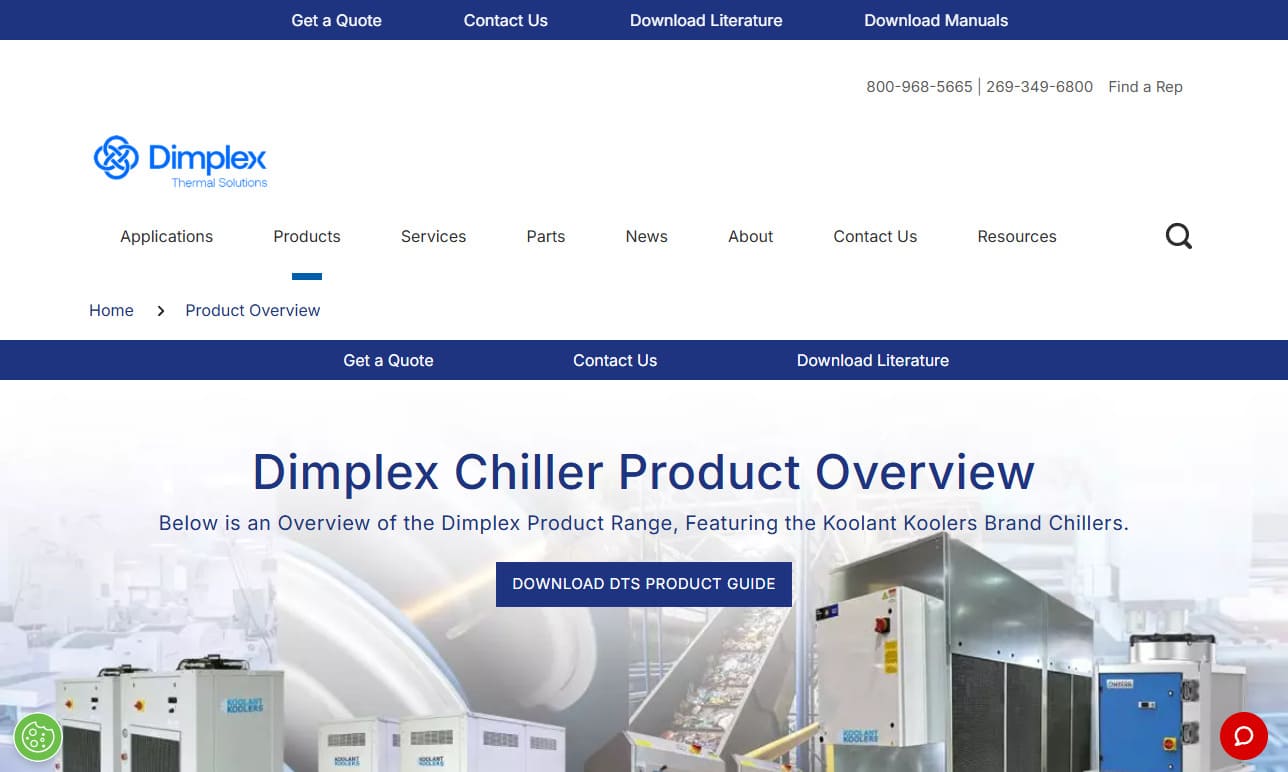
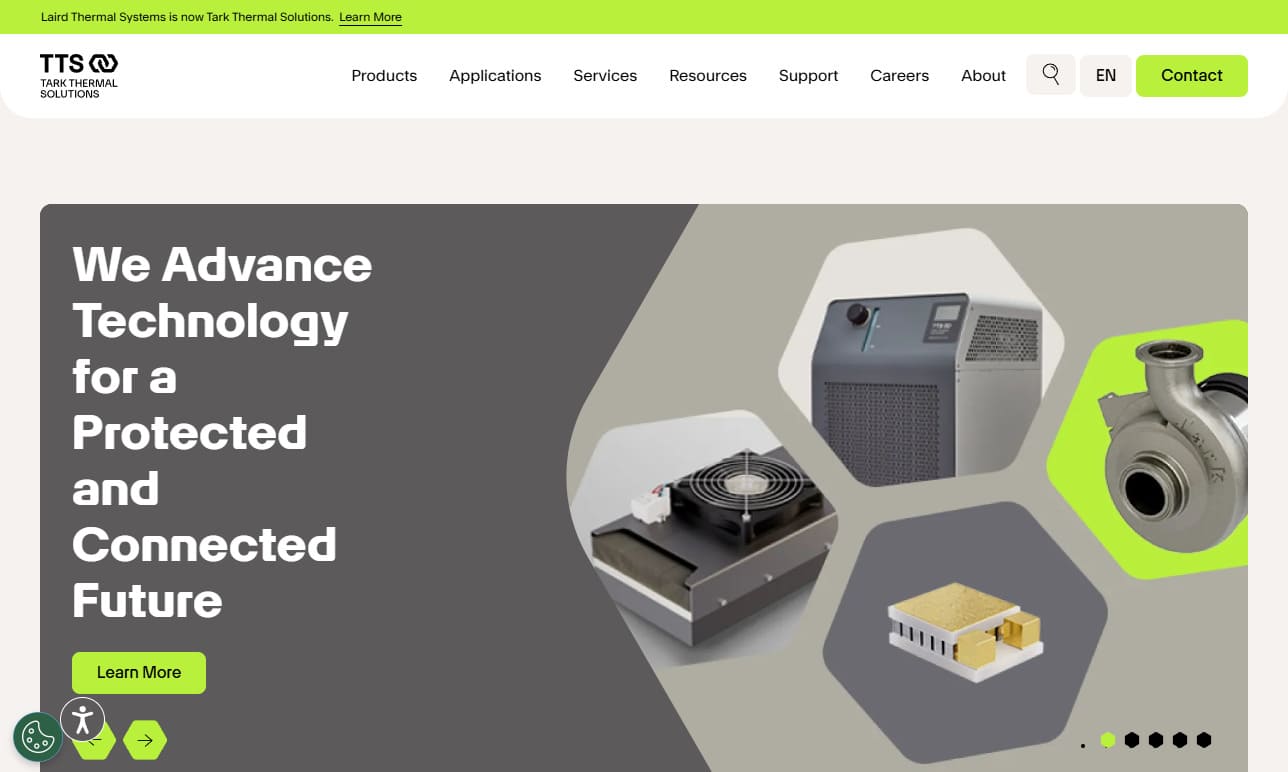
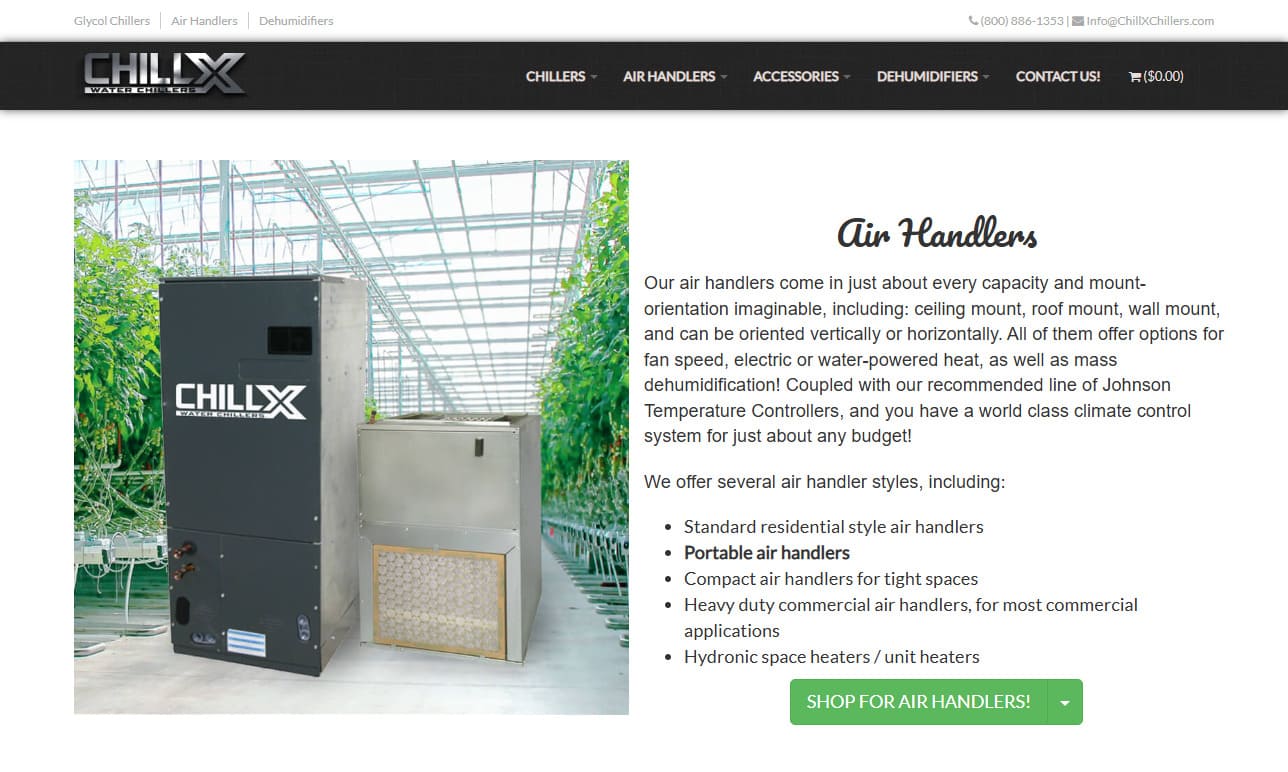
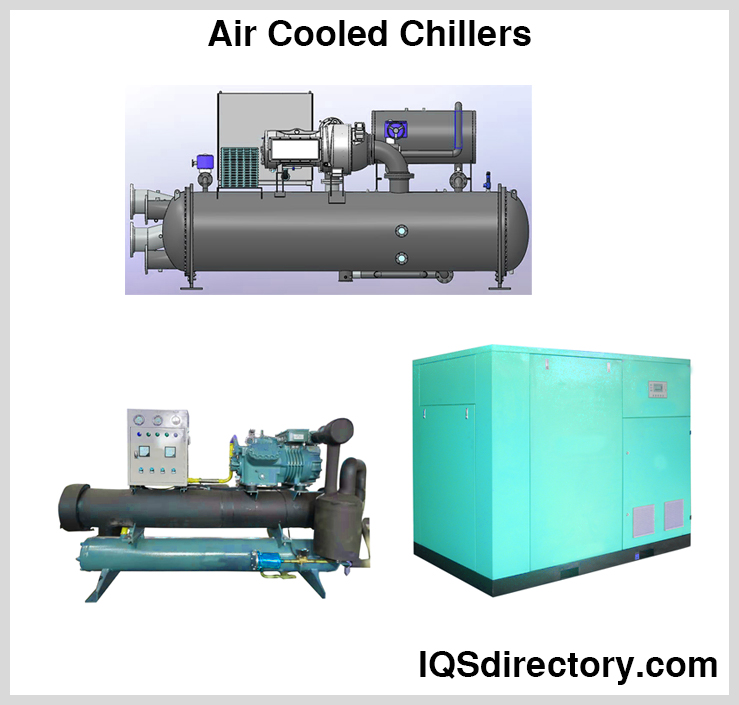
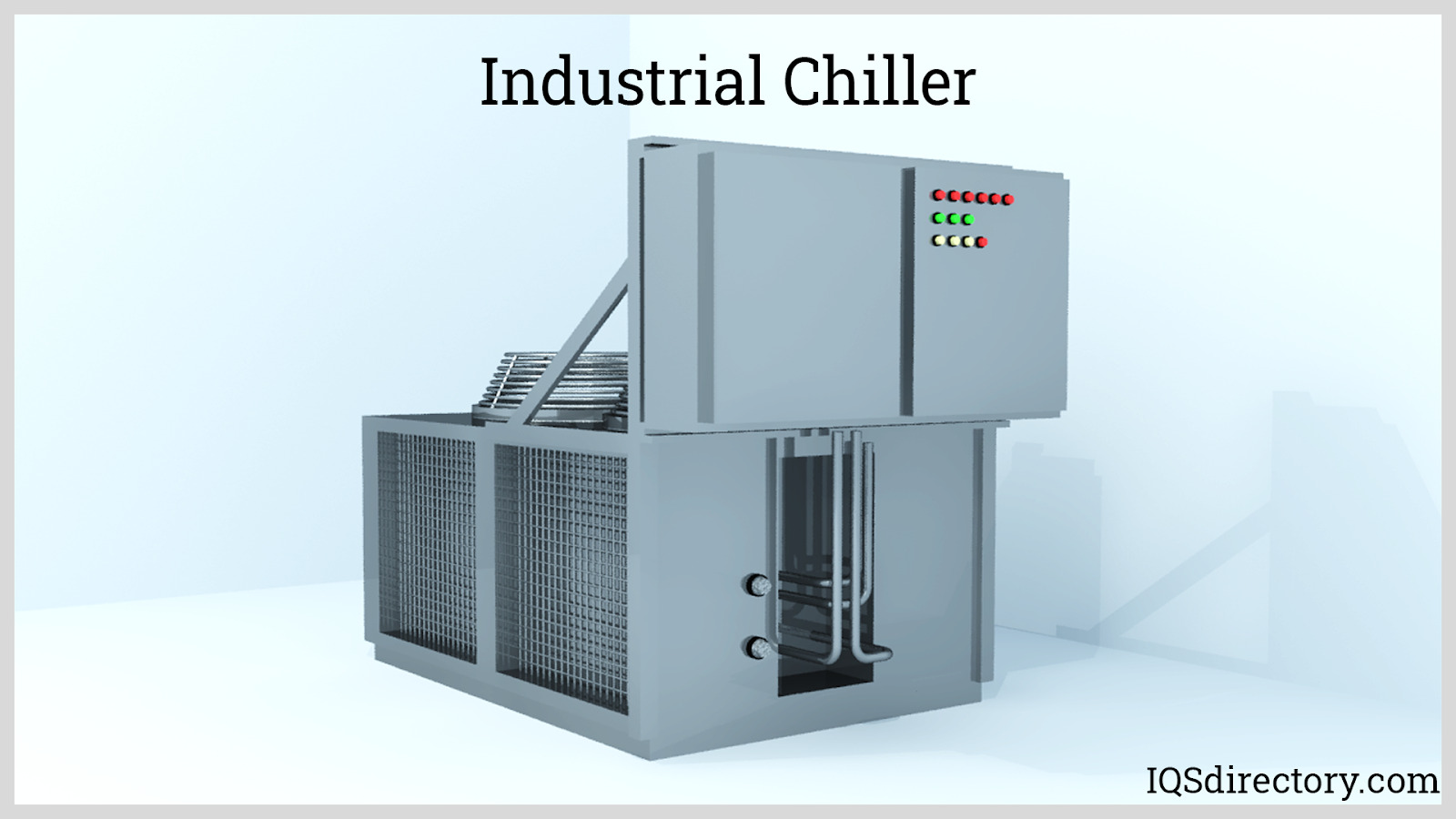
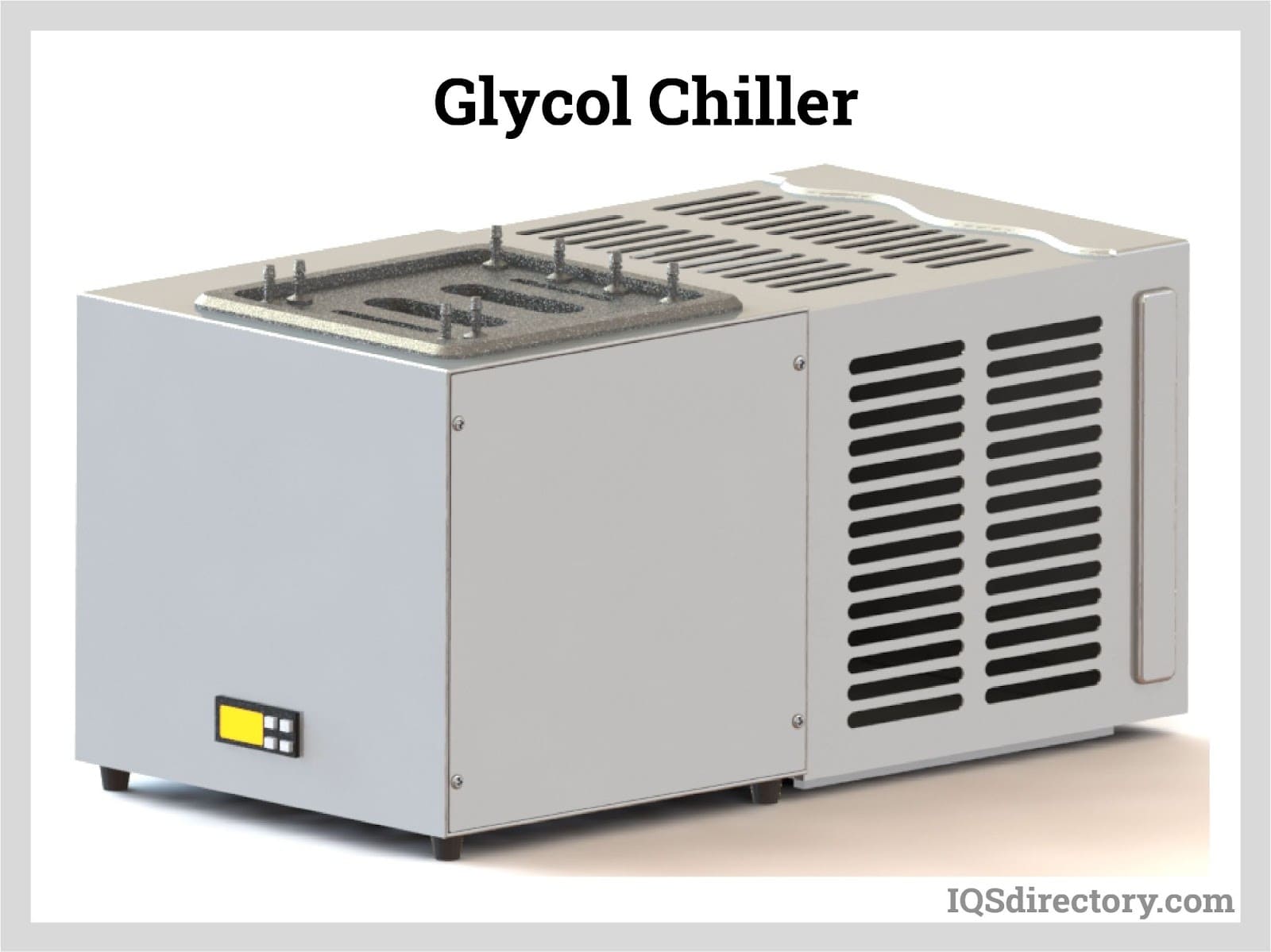
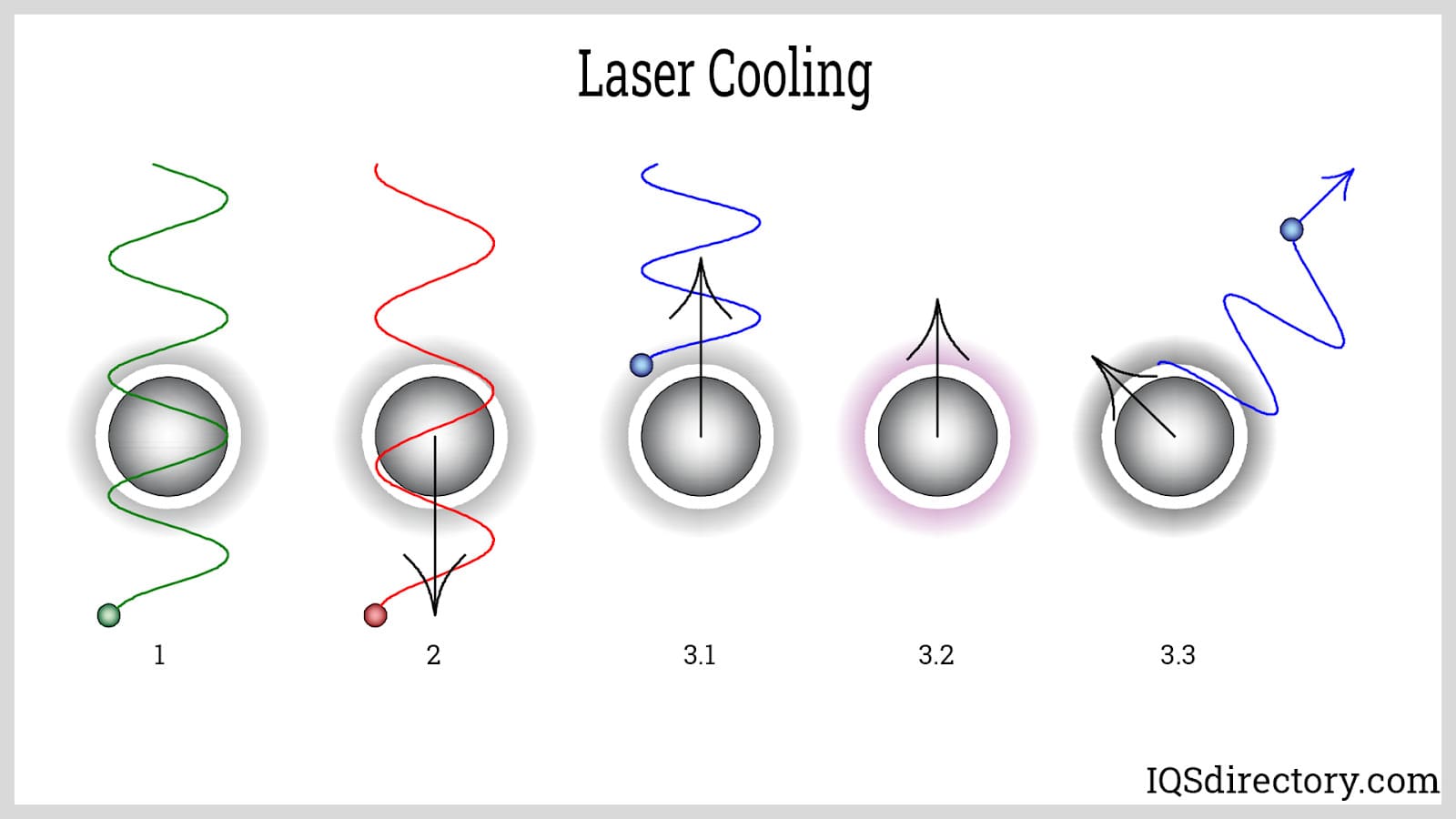
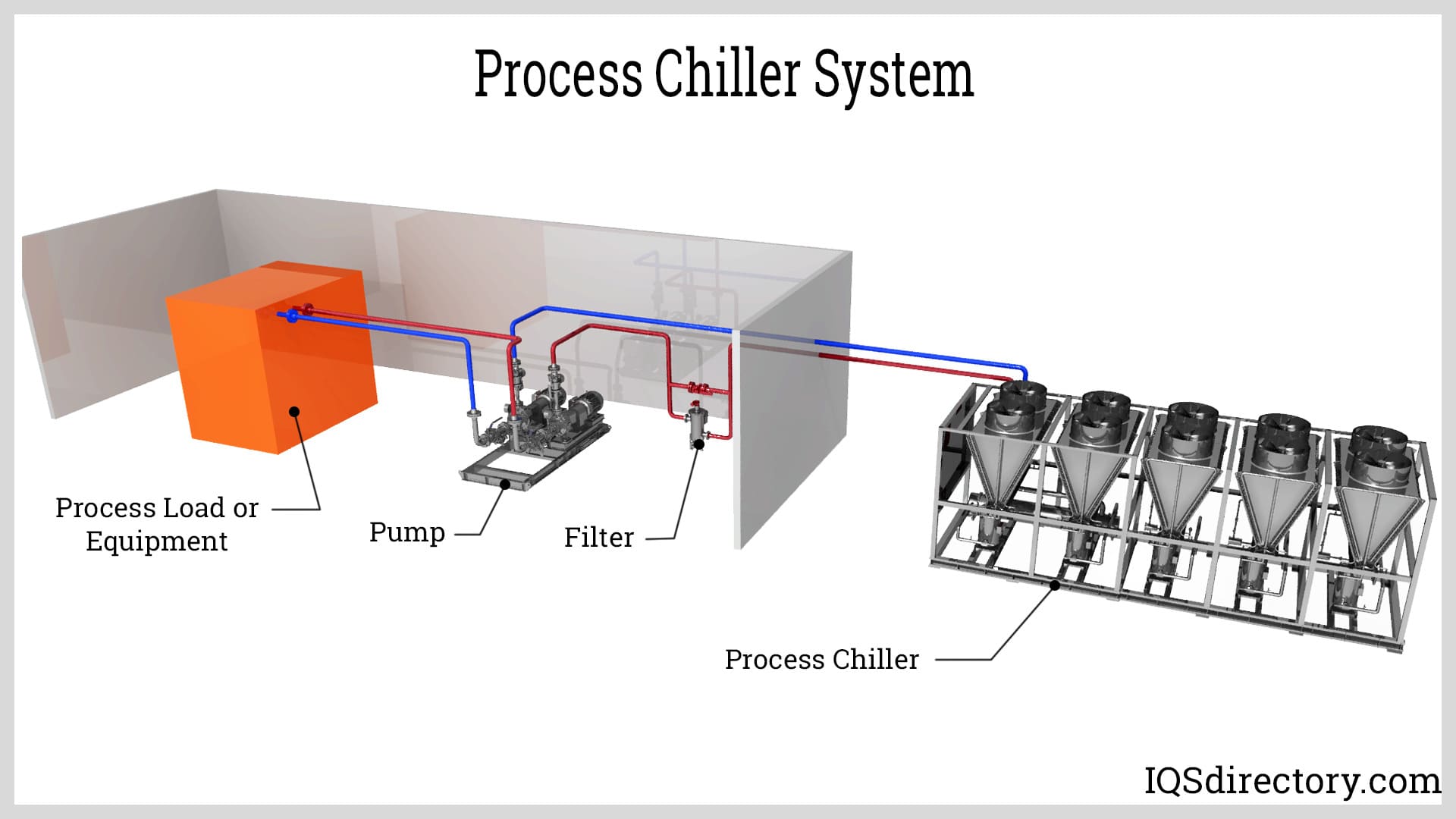
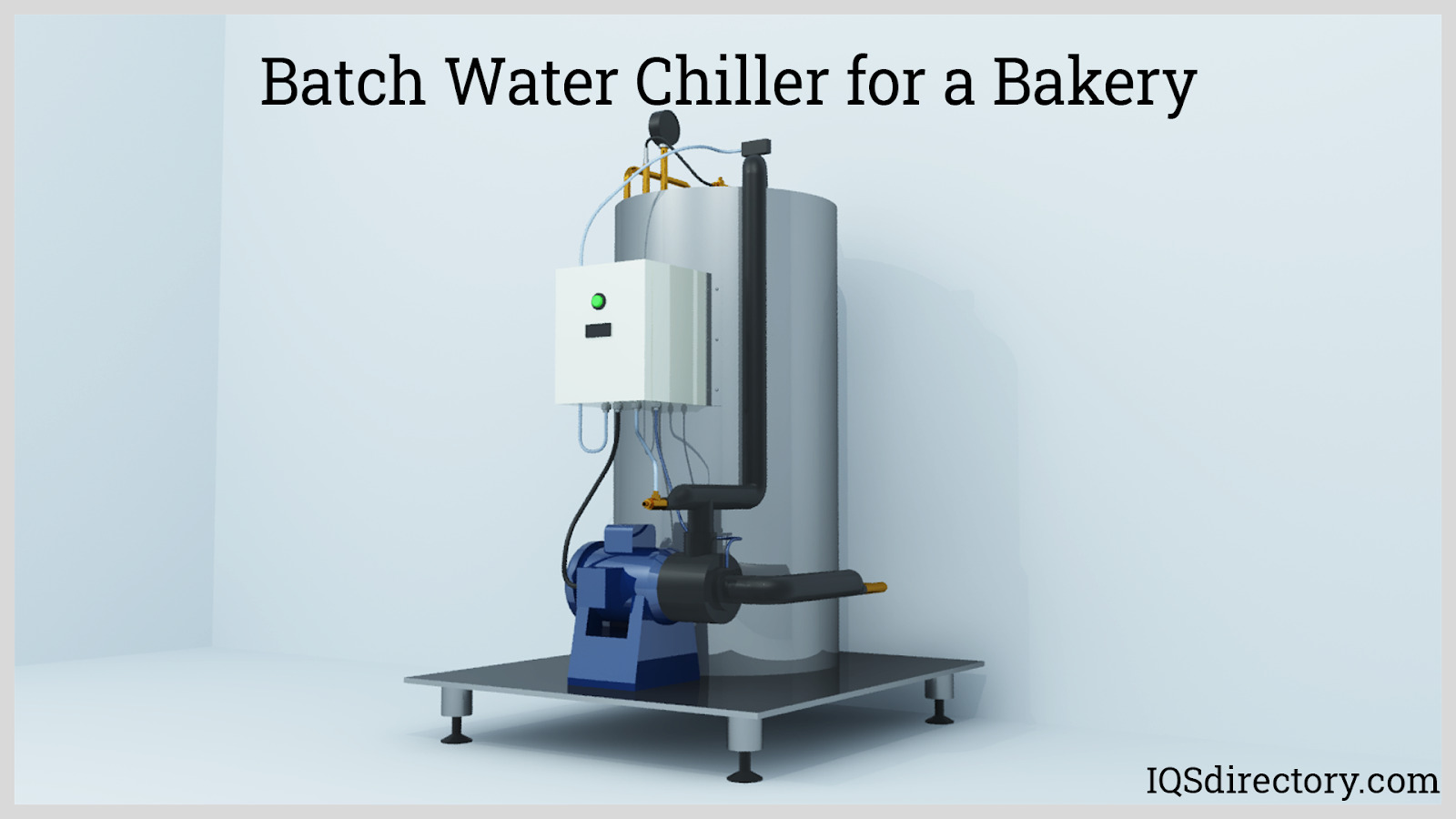
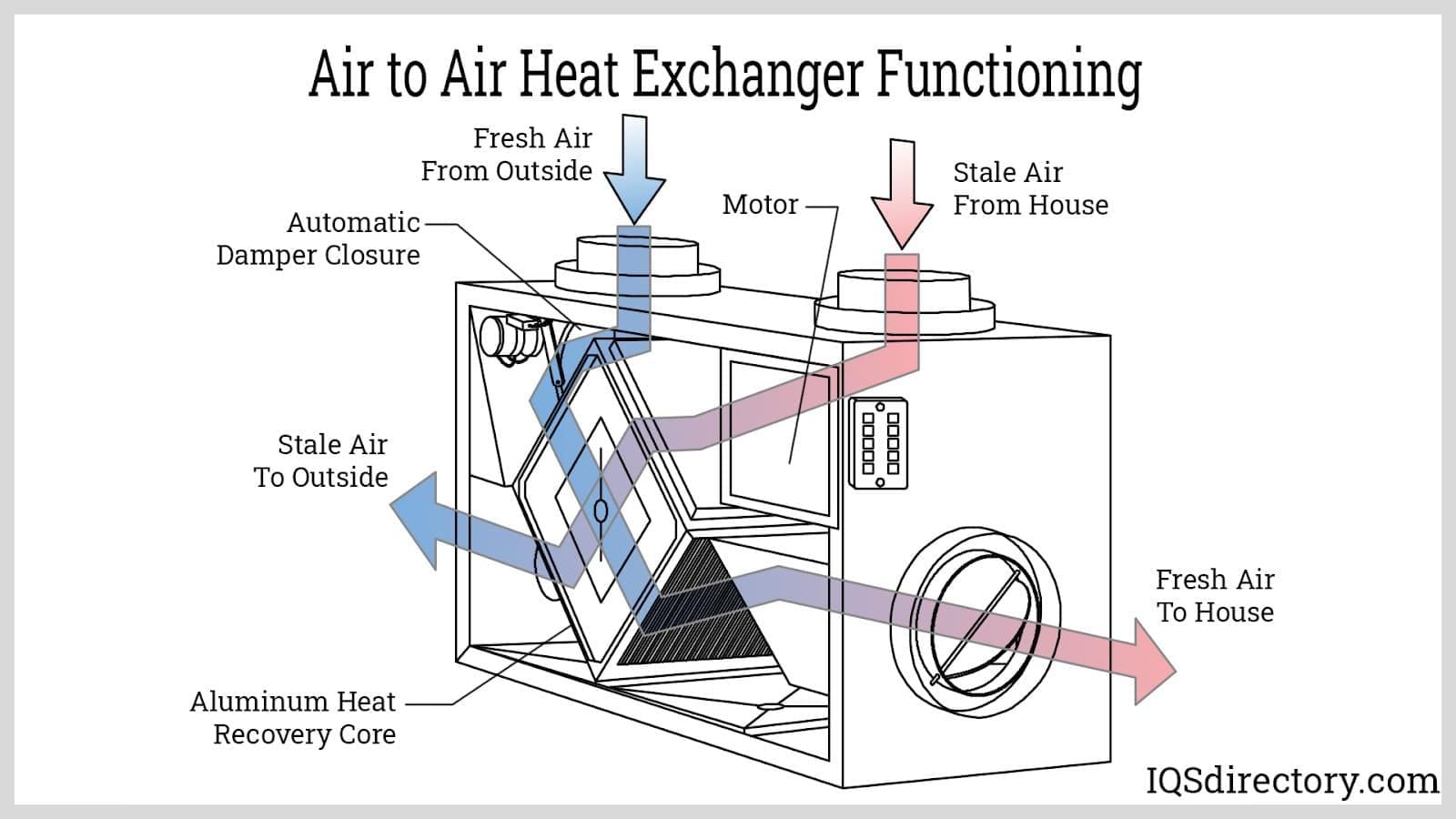
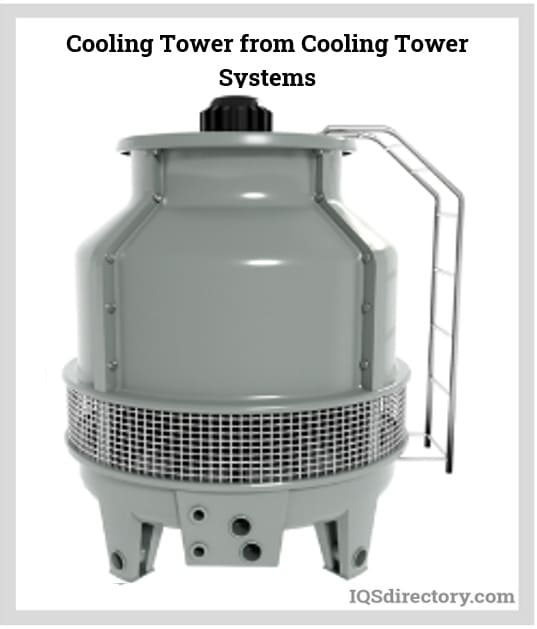
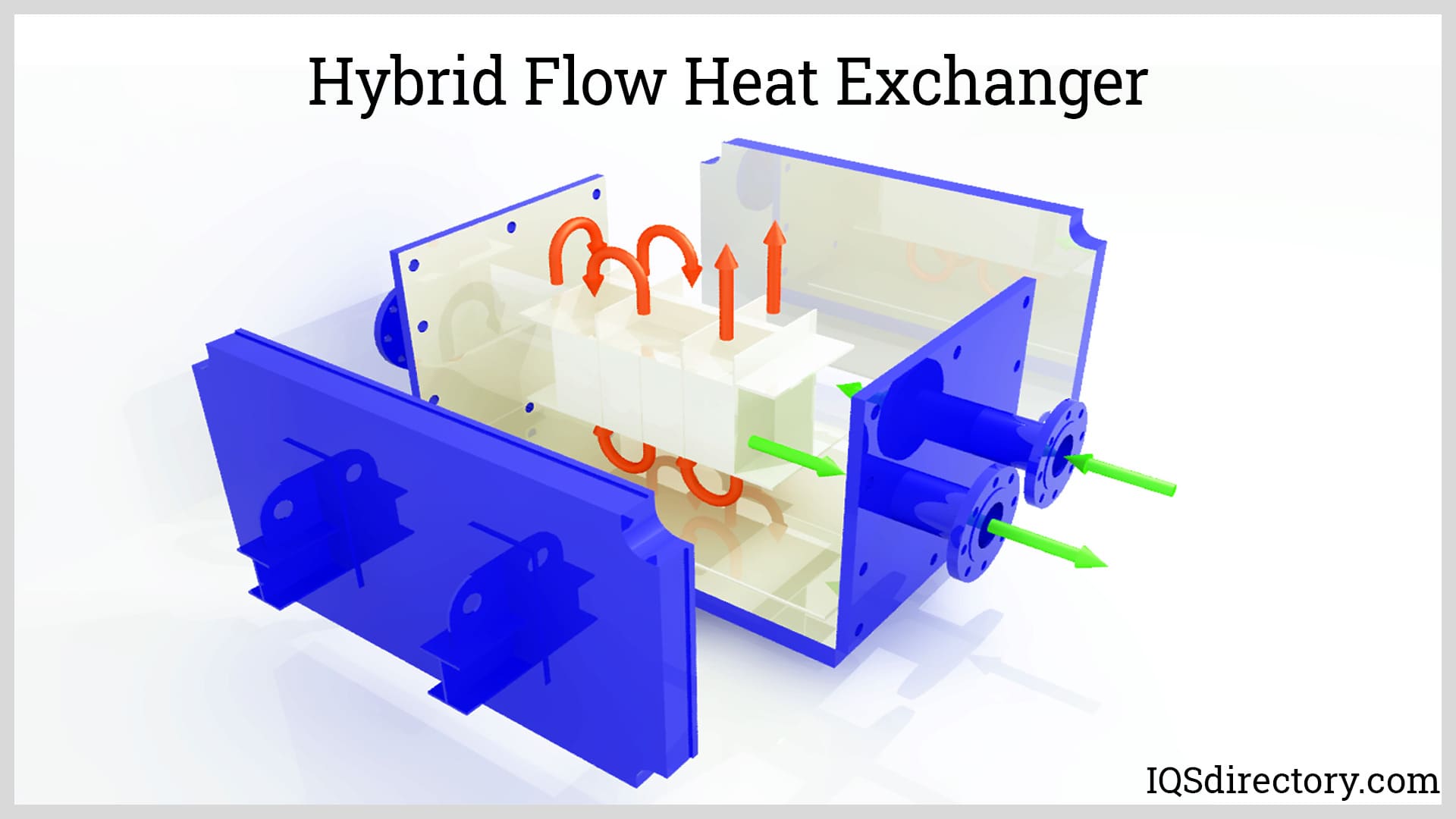
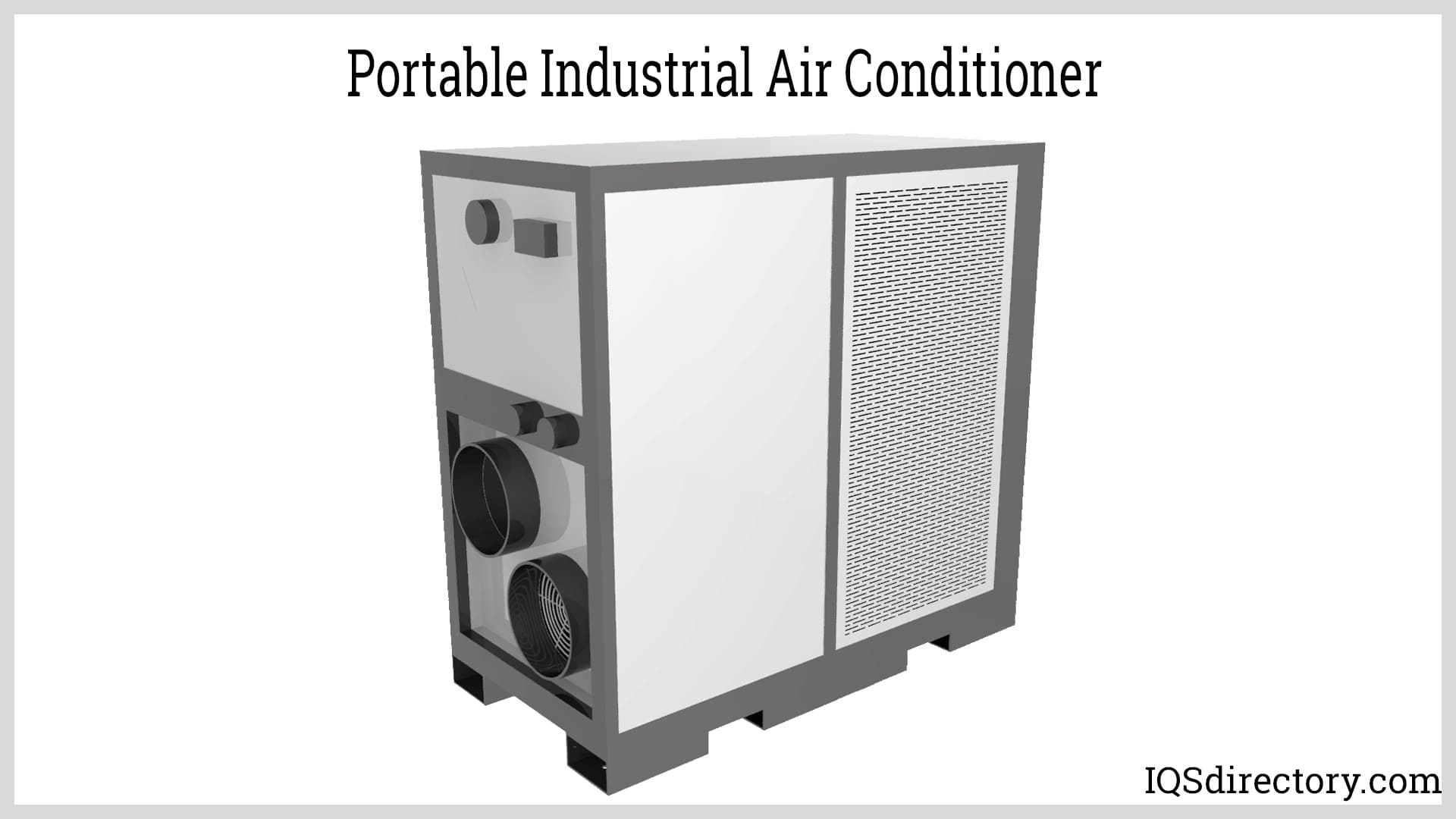
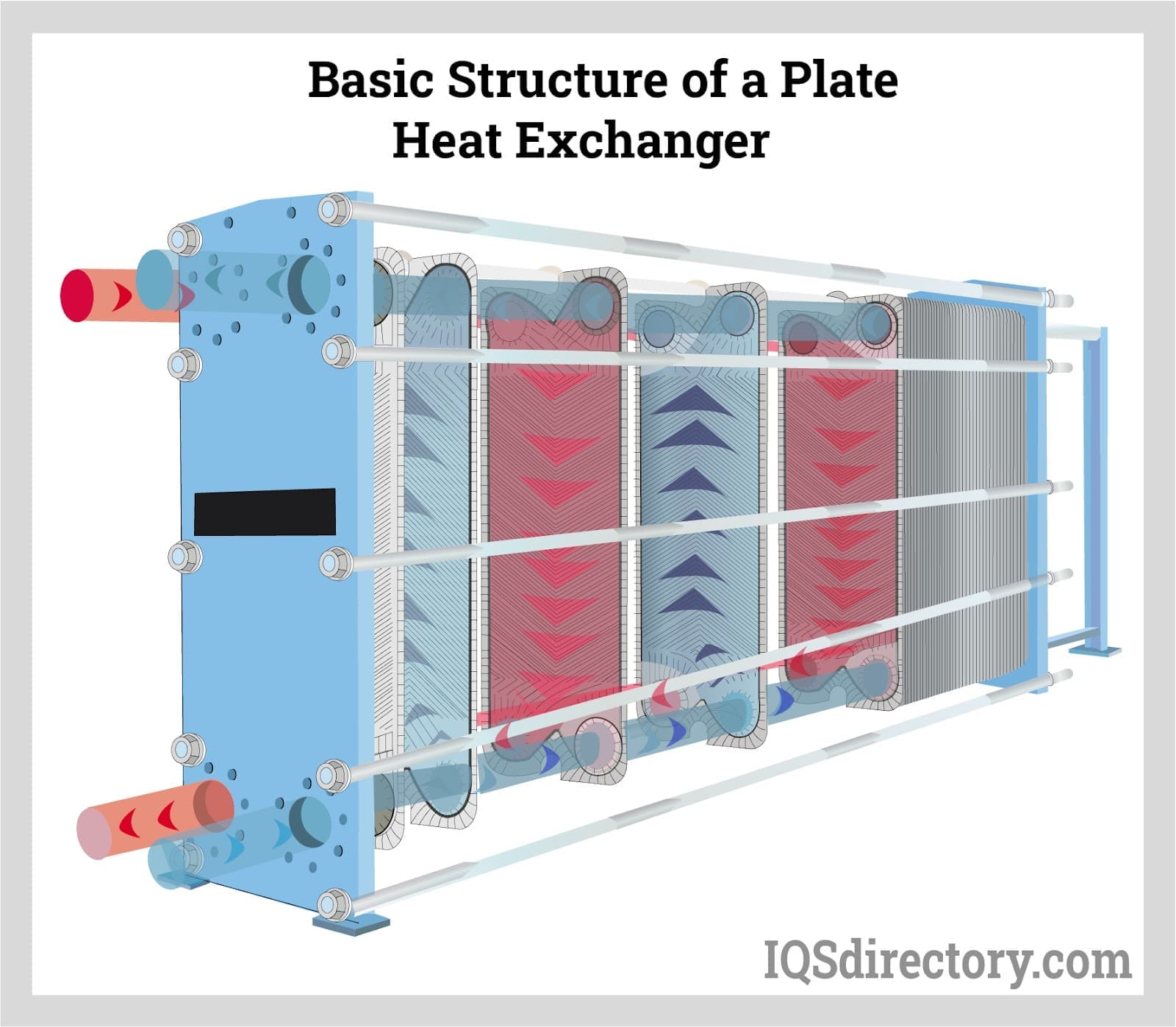
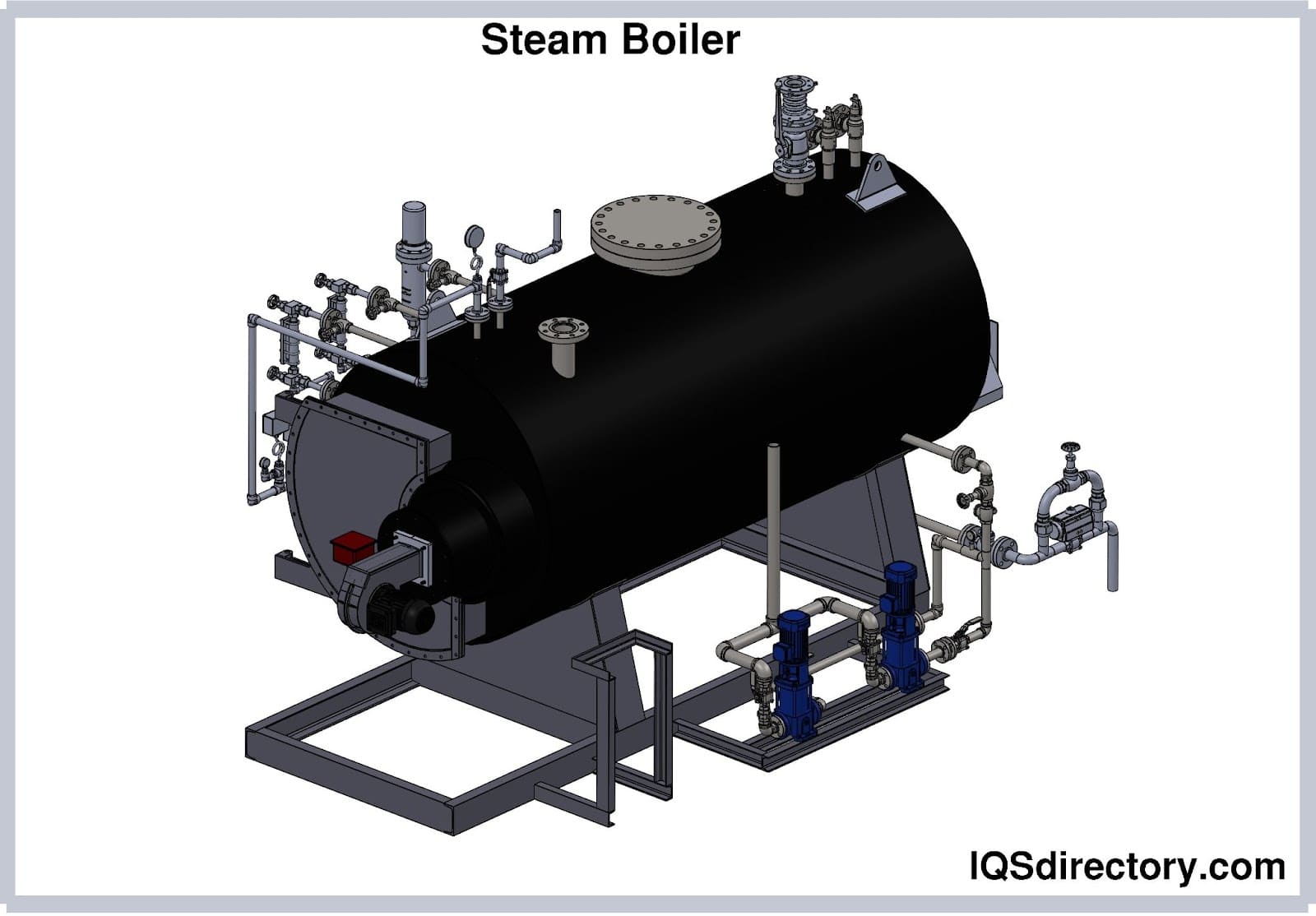
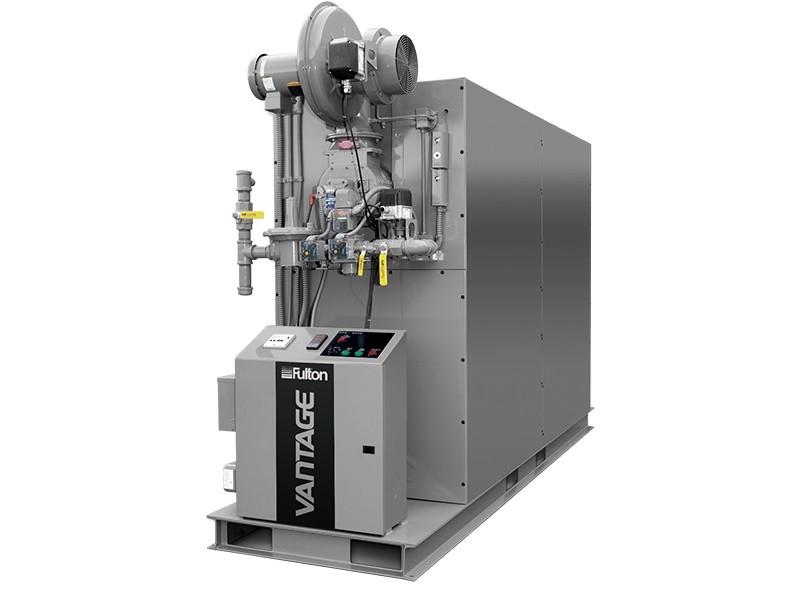 Boilers
Boilers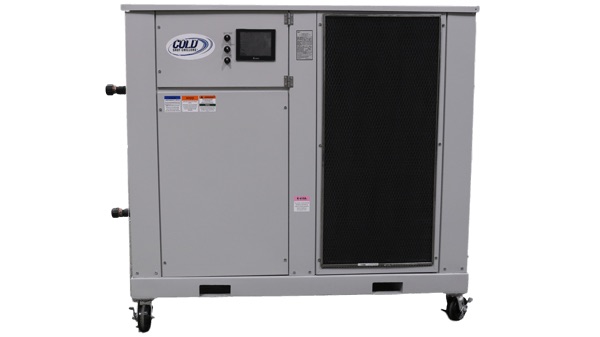 Chillers
Chillers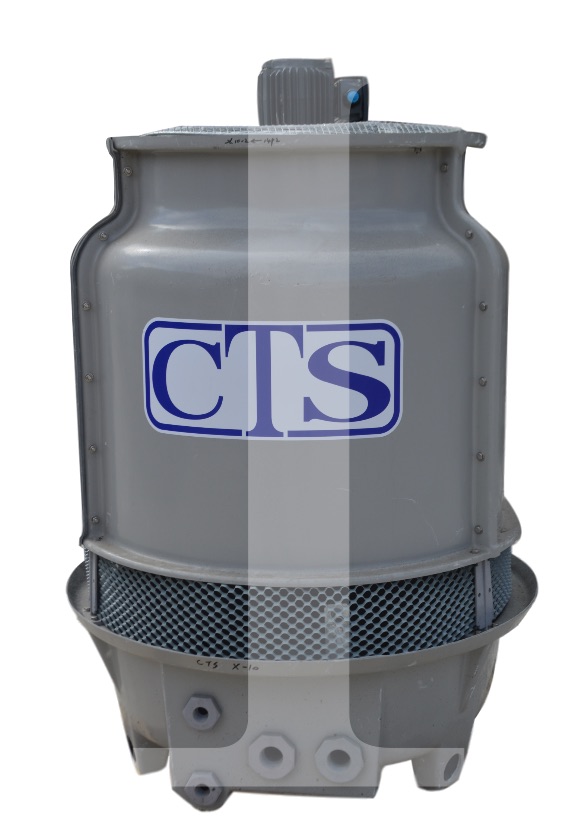 Cooling Towers
Cooling Towers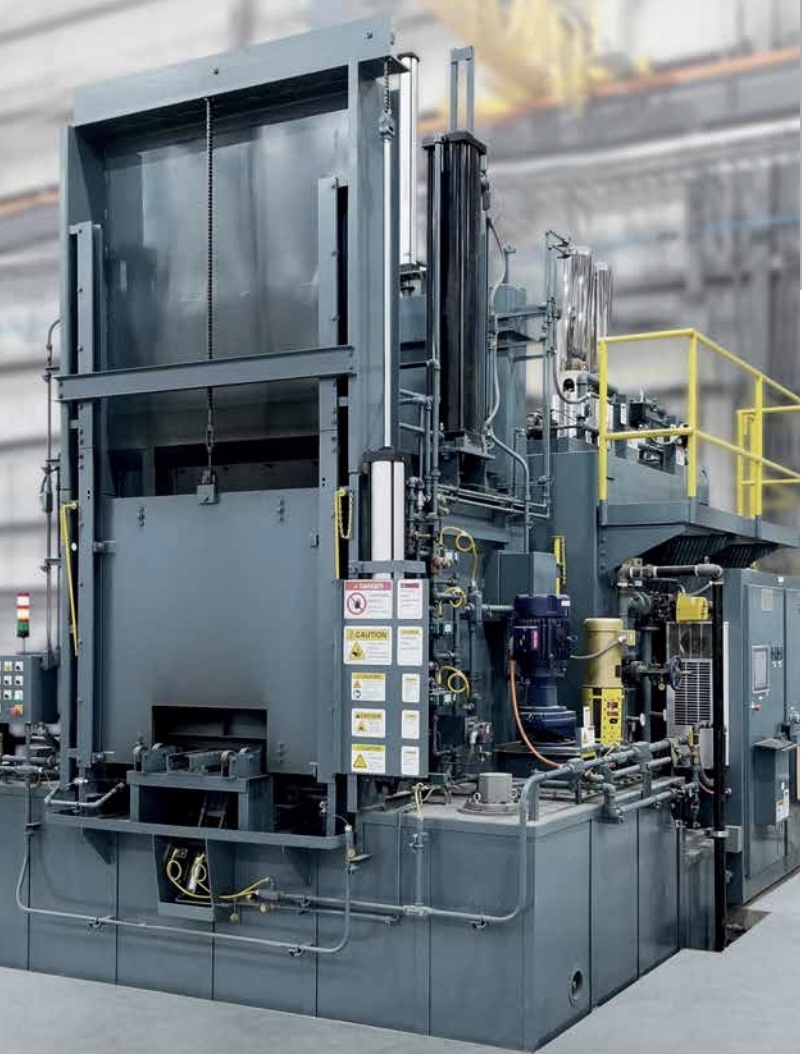 Furnaces
Furnaces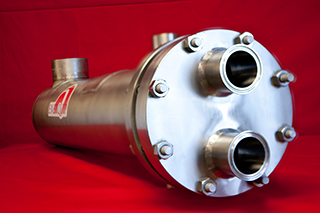 Heat Exchangers
Heat Exchangers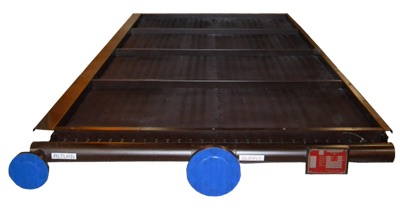 Heat Transfer Equipment
Heat Transfer Equipment Castings & Forgings
Castings & Forgings Bulk Material Handling
Bulk Material Handling Electrical & Electronic Components
Electrical & Electronic Components Flow Instrumentation
Flow Instrumentation Hardware
Hardware Material Handling Equipment
Material Handling Equipment Metal Cutting Services
Metal Cutting Services Metal Forming Services
Metal Forming Services Metal Suppliers
Metal Suppliers Motion Control Products
Motion Control Products Plant & Facility Equipment
Plant & Facility Equipment Plant & Facility Supplies
Plant & Facility Supplies Plastic Molding Processes
Plastic Molding Processes Pumps & Valves
Pumps & Valves Recycling Equipment
Recycling Equipment Rubber Products & Services
Rubber Products & Services